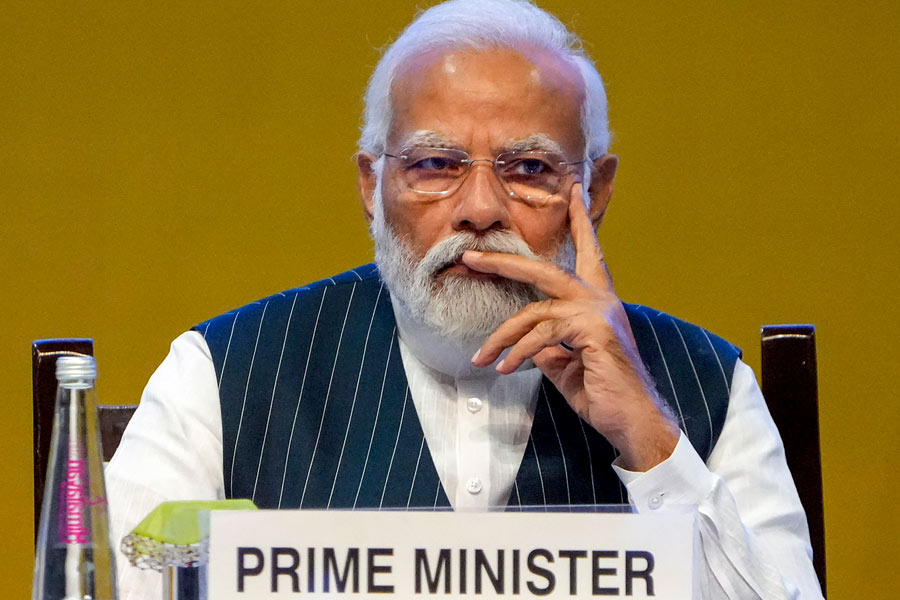Since 2001, the G7 group of wealthy nations, which, for a while, was known as the G8 — it included Russia — has each year invited leaders from select emerging economies to attend its annual summit. At the just-concluded summit of the grouping in Hiroshima, Japan, Prime Minister Narendra Modi was joined by eight other leaders from non-G7 nations. Most significantly, one of those leaders was the Ukrainian president, Volodymyr Zelensky, whom Mr Modi met face to face for the first time since Russia’s invasion of Ukraine in February 2022. The Indian prime minister stuck to familiar positions in conversations with Mr Zelensky and other leaders on the margins of the summit. He committed New Delhi to any role it could play to bring peace between Ukraine and Russia. He attended a meeting of leaders of the Quad — a grouping which also includes the United States of America, Japan and Australia — which issued a veiled criticism of China without naming it. The main focus in Hiroshima was the G7 summit itself, where unanimity on Russia and differences over China — against which the US wants Europe to be more proactive — were evident.
For India, fresh sanctions announced by the G7 against Russia are bad news. They will further hamper New Delhi’s attempts to build any consensus within the G20 — which India heads this year — on the conflict. Yet the response to the summit from Mr Modi’s party and government would suggest a victory — not because of what the prime minister did but because of who he is. In a blitzkrieg of social media posts, government ministers and Bharatiya Janata Party leaders and spokespersons focused on claims from unidentified sources suggesting that the US president, Joe Biden, and the Australian prime minister, Anthony Albanese, told Mr Modi how they were in awe of his popularity, not just in India but in their own countries. That New Delhi’s public narrative of his meetings should centre around the prime minister as an individual rather than what he did is a matter of concern. Mr Modi’s popularity among sections of the Indian diaspora is beyond question. Yet if Mr Biden and Mr Albanese, who are both hosting Mr Modi soon for important talks and negotiations, indeed made these comments, the prime minister and his team need to guard against vanity rather than bask in it. Flattery must not be allowed to blunt the sharp edge of Indian diplomacy.











